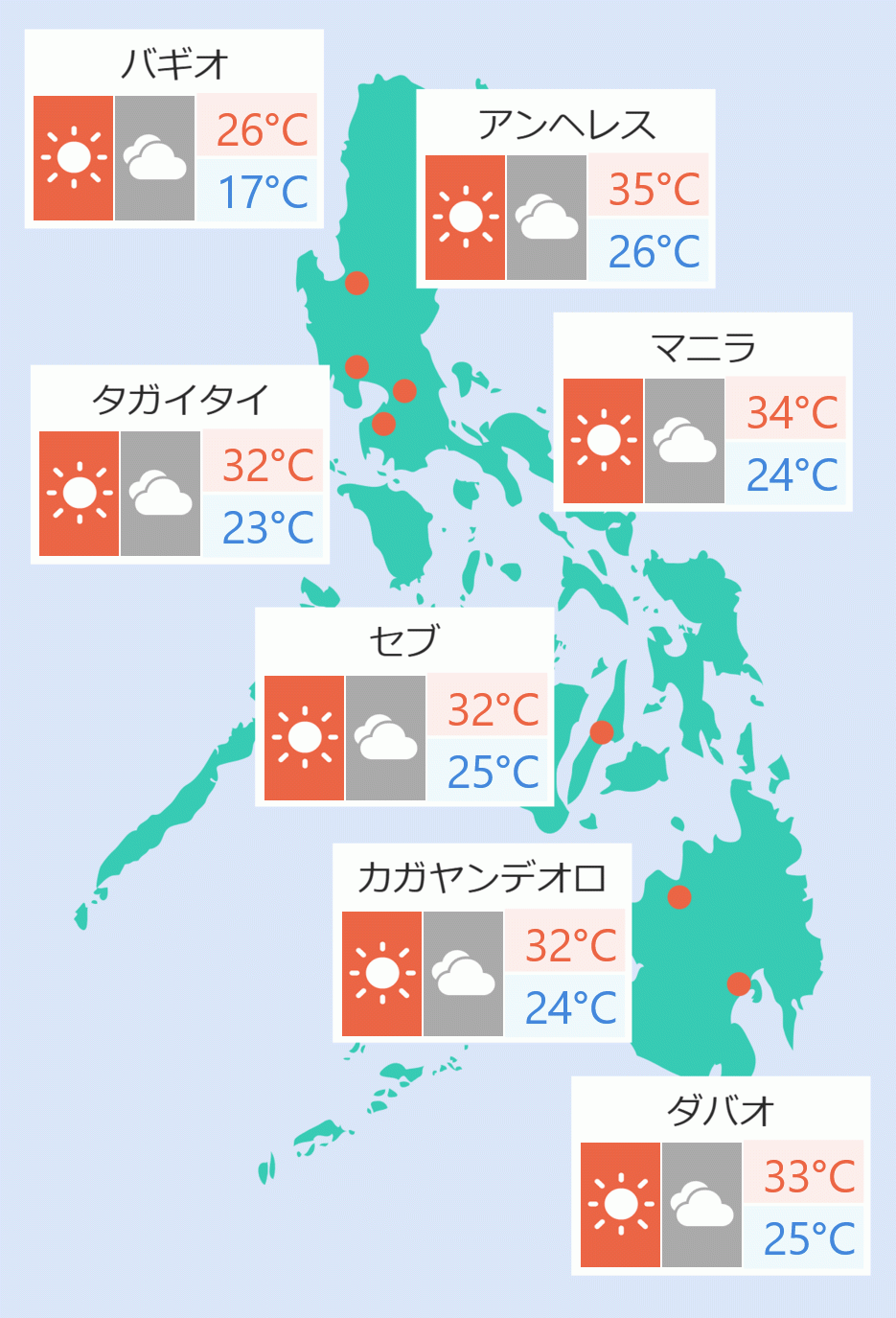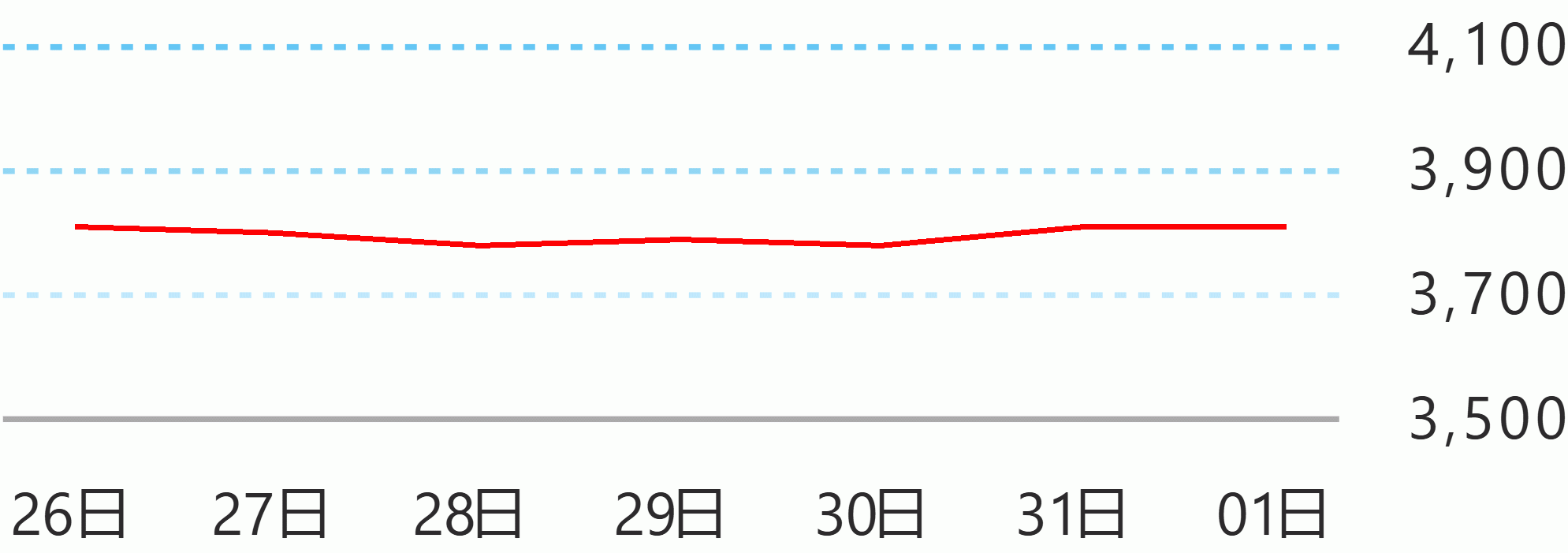Finance Secretary and World Bank Governor for the Philippines Benjamin Diokno bared policy measures that the Philippines is undertaking to address the impact of high inflation and climate-related risks during the 2022 Annual Meetings of the International Monetary Fund (IMF) and World Bank Group in Washington, D.C.
“To cushion the effects of inflation, the Philippine government continues to extend targeted support to the most vulnerable sectors, including public transport workers, farmers, fisherfolk, and indigent senior citizens,” Diokno said in an intervention before the constituency members of World Bank Executive Director Erivaldo Gomes.
Executive Director Gomes represents the Philippines, Brazil, Colombia, Dominican Republic, Ecuador, Haiti, Panama, Suriname, and Trinidad and Tobago.
Other measures to address high inflation include investing in improvements to local food production, ensuring the timely importation of goods, improving distribution efficiency, ensuring adequate power supply, and monitoring policy considerations on wage and transport fare hike petitions.
Diokno also emphasized the role of external financing in climate action.
“Meanwhile, as climate change threatens the resilience of our communities, the government has integrated green, resilient, and inclusive development or GRID strategies in our post-pandemic recovery plans,” said Diokno.
The Philippines adopted its first Nationally-Determined Contribution under the Paris Agreement, which aims to address climate change by reducing greenhouse gas emissions by 75 percent by 2030; adapting to the impacts of climate change; and mainstreaming gender and social inclusion into climate action.
“As in other countries, these NDC actions are heavily reliant on external financing,” Diokno added.
The World Bank is the largest multilateral provider of climate finance for GRID programs. DOF Communications Division





 English
English










